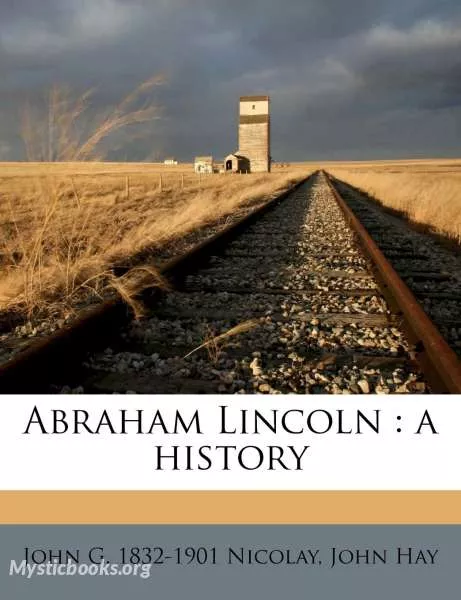
Abraham Lincoln: A History (Volume 6)
'Abraham Lincoln: A History (Volume 6)' Summary
Early in his presidency, Hay and Nicolay requested and received permission from Lincoln to write his biography. In the first years after Lincoln's death, Hay and Nicolay were not encouraged to publish such a work—Representative Isaac Newton Arnold, a Lincoln supporter, had quickly published a substantial Lincoln biography, and publishers were not eager for another. Further, the permission of Robert Lincoln, who controlled his father's papers, would have to be gained. Lincoln's former secretaries decided to wait until they had sufficient time and money.
The often-dormant proposal to write the biography was given new impetus as they came to believe Lincoln's historical image was being distorted. Ward Hill Lamon in 1872 published a biography of Lincoln based on research by William Herndon, Lincoln's law partner. Lamon's book first made widely known many of the early accounts of Lincoln's life, such as those regarding Ann Rutledge, whom Lamon related Lincoln had loved and whose death devastated him. Without access to his papers, these early biographers focused on these episodes told of the young Lincoln, that fascinated the public. The Lincoln family believed some of these distorted or untrue, and in any event disrespectful. Also becoming popular were interpretations of the war that minimized Southern blame, with the bravery of the soldiers stressed in the name of sectional reconciliation. Popular fiction, such as that by Joel Chandler Harris, pressed a nostalgic view of the Old South.
By 1872, Hay was "convinced that we ought to be at work on our 'Lincoln.' I don't think the time for publication has come, but the time for preparation is slipping away." Robert Lincoln, Lincoln's surviving child, in 1874 formally agreed to let Hay and Nicolay use his father's papers; by 1875, they were engaged in research. Hay and Nicolay enjoyed exclusive access to Lincoln's papers, which were not opened to other researchers until 1947. They gathered documents written by others, as well as many of the Civil War books already being published. They at rare times relied on memory, such as Nicolay's recollection of the moment at the 1860 Republican convention when Lincoln was nominated, but for much of the rest relied on research. The research was so extensive that in their published work, Hay and Nicolay sometimes wrote that no records exist on certain points—statements that later proved to be premature.
Hay began his part of the writing in 1876; the work was interrupted by illnesses of Hay, Nicolay, or family members, or by Hay's writing of The Bread-Winners. When Hay was in Washington as Assistant Secretary of State in 1879–81, and after Hay returned to Washington in 1885, he and Nicolay (then the Marshal of the Supreme Court) would walk to each other's house with chapter drafts or research materials. In 1881, after his temporary service as editor of the Tribune in Whitelaw Reid's absence, he agreed to do unsigned Civil War book reviews for the Tribune, but when asked to do obituaries as well, refused, "I have not read anything this winter except what bears on one subject".
By 1885, Hay had completed the chapters on Lincoln's early life, and they were submitted to Robert Lincoln, Robert retained the right of approval of the text, and required a number of changes, for example, he felt the depiction of Lincoln's father Thomas showed him as too shiftless. Sometimes Hay and Nicolay alternated chapters, sometimes one took responsibility for an entire volume.
Book Details
Language
EnglishOriginal Language
EnglishPublished In
1890-01-01Genre/Category
Tags/Keywords
Authors
Download eBooks
Listen/Download Audiobook
- Select Speed
Related books

Inventions in the Century by William Henry Doolittle
This book explores the remarkable technological advancements of the 19th century, showcasing the many groundbreaking inventions that shaped the modern...

Phylactery by John Hay
A collection of poems by John Milton Hay, an American statesman and diplomat. Hay's poems often reflect his experiences in politics and diplomacy, and...
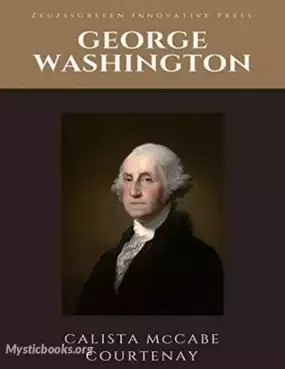
George Washington by Calista Courtenay
In this biography for young people, Calista McCabe Courtenay takes the reader from George Washington the surveyor to his early military career, first...
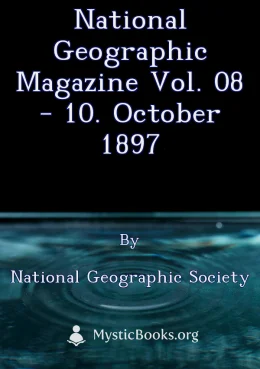
National Geographic Magazine Vol. 08 - 10. October 1897 by National Geographic Society
This volume of the National Geographic Magazine, published in October 1897, delves into various facets of geographical exploration and scientific rese...
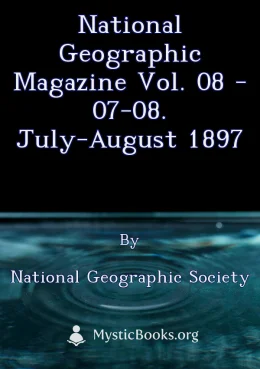
National Geographic Magazine Vol. 08 - 07-08. July-August 1897 by National Geographic Society
This volume of the National Geographic Magazine from July-August 1897 delves into a variety of geographical topics. The articles explore the work of...

Present Crisis by James Russell Lowell
James Russell Lowell's "The Present Crisis" is a powerful and stirring poem that reflects the anxieties and moral dilemmas of the United States on the...
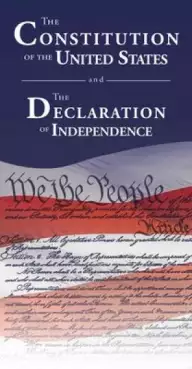
The Declaration of Independence of the United States of America by Founding Fathers of the United States
The United States Declaration of Independence is the pronouncement adopted by the Second Continental Congress meeting in Philadelphia, Pennsylvania, o...

Sonnets by George Graham Currie
This collection of sonnets by George G. Currie offers a glimpse into the life and experiences of a Canadian-born lawyer and businessman who became an...

Strange Stories Of The Civil War by Various
This collection of twelve stories offers a glimpse into the realities of the American Civil War through the eyes of those who lived it. Written by par...

The Autobiography of George Dewey by George Dewey
Admiral George Dewey, United States Navy, is best remembered for his victory over the Spanish fleet at the Battle of Manila Bay during the Spanish-Ame...
Reviews for Abraham Lincoln: A History (Volume 6)
No reviews posted or approved, yet...

